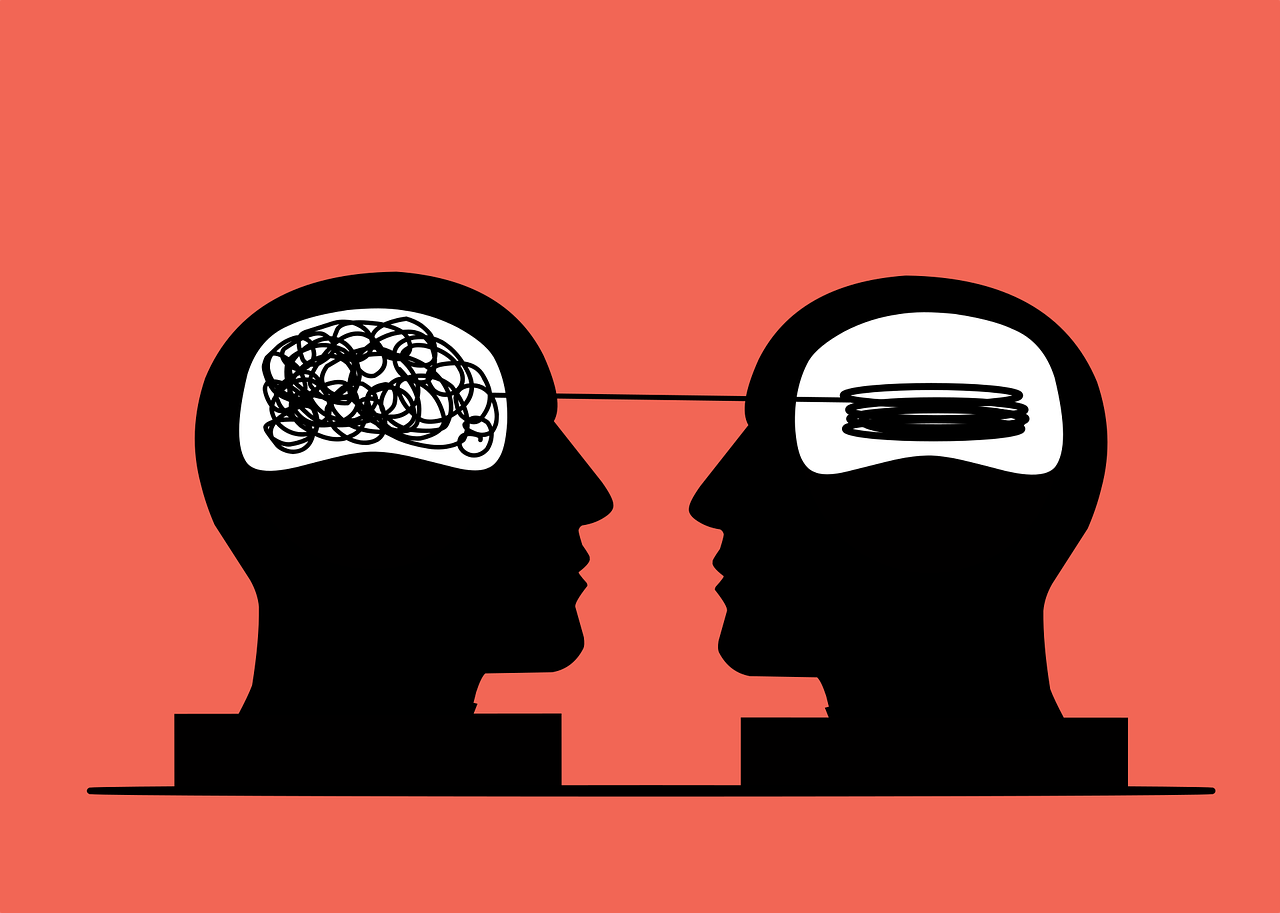Labels are becoming ever-more important in our modern world. They help us express our identity (particularly in the case of gender pronouns), find our tribe and have a better chance of understanding each other. They can also be hurtful if misused or deliberately disrespected, which shows how emotive they can be.
For the first 42 years of my life, I always rejected labels. I don’t drink, but I’d never call myself a teetotaller. I watch Star Trek, but I’m not a Trekkie. I’ve listened to Taylor Swift since her debut album, but don’t call me a Swiftie. But one thing you can absolutely call me is autistic.
I recently received my autism diagnosis having pondered whether I was or wasn’t neurodivergent for a few years and becoming more convinced it in the last few months. Luckily I was able to get a private diagnosis (the NHS waitlists for adults are enormous), others aren’t so fortunate.
So, why was this label one I was ready to accept after a lifetime of shrugging them off? Why did I feel like I needed a formal diagnosis when many in my position are happy to self-diagnose?
An easy answer to that is my son. I’ve written about him before on these pages, he was diagnosed as autistic a few years ago and I felt like I needed a diagnosis of my own before I could tell him what I believed to be true. It wasn’t a label I felt comfortable applying to myself in anyone’s eyes, but particularly in his.
I want him to know that I really do understand him because we really do have this in common. That isn’t to say everyone in my position must do this – there are an increasing number of parents like me who discovered their own autism after their child was diagnosed, including Christine McGuinness and Melanie Sykes – but it is important to me.
That’s interesting because my approach so far in life has been similar to the famous line from Groucho Marx – “I don’t want to belong to any club that will accept people like me as a member.”
This was best demonstrated when I excitedly turned up to the first meeting of the Rock And Thrash Society at university and left after 5 minutes because it was full of people dressed and acting like cliched rock and thrash metal music fans. That wasn’t me.
Being ‘me’, my authentic self, has always been of paramount importance to me. I’ve never wanted to lose myself in a costume, dressing like a goth or a rocker or even in cosplay at one of the comic cons I’ve been to. Maybe that’s why those labels never fit me.
Of course, I didn’t actually know the real me before. Until a while after my son’s diagnosis I knew almost nothing about autism, which I’m sure is the case for other people in my situation. It wasn’t discussed much when we were at school, so we didn’t get Educational Health Care Plans, we just got called the weird kids.
That’s another reason why a diagnosis was important to me. From a practical sense it was far less impactful than my son’s diagnosis, which was crucial for unlocking the support he needs at school. I’ve long since finished school and already work for a company that has from day one made accommodations for the traits I now know are autistic.
There’s a great analogy for why I wanted to know whether or not I was autistic and why I needed this label. It’s because, if you’re a zebra, there’s comfort in knowing that you’re a normal zebra, instead of thinking you’re a weird stripy horse. I wasn’t a very normal neurotypical person but I am a very normal autistic person. And that does feel good.
That’s why this label is one I’m finally ready to embrace. I’m just at the very start of my journey into understanding my neurodivergence, but I’ve been autistic all of my life, I just didn’t know.


